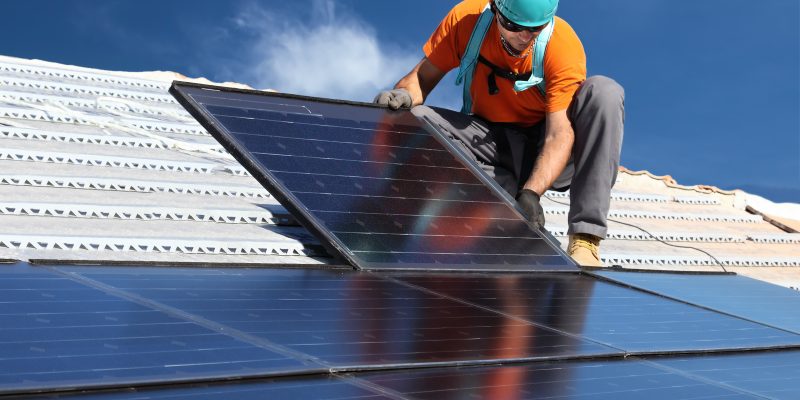Department of Labor & Workforce Development
June 21, 2022
TRENTON – With the summer construction season upon us, the Murphy Administration is reminding local governments and school boards of their role in protecting workers and expanding skilled apprenticeship programs, and their obligations under the New Jersey Prevailing Wage Act.
The New Jersey Department of Labor and Workforce Development (NJDOL) and its partners at the New Jersey Department of Community Affairs’ Division of Local Government Services (DLGS), and the New Jersey Department of Education (DOE), recently sent a letter reminding local governments and boards of education of their responsibilities under the New Jersey Prevailing Wage Act.
The New Jersey Prevailing Wage Act (N.J.S.A. 34:11-56.25 et seq.) establishes a prevailing wage for workers engaged in public work to safeguard workers and employers alike from unfair competition due to detrimental wage levels. The act requires the payment of minimum rates of pay to laborers, craftsmen, and apprentices employed on public works projects. Covered workers must receive the appropriate craft prevailing wage rate as determined by the Commissioner of Labor and Workforce Development.
“We have a responsibility to safeguard our workers and protect employers paying fair compensation and developing our workforce from being undercut by unfair competition,” said Labor Commissioner Robert Asaro-Angelo. “Our most important partners are the public bodies themselves who must also follow the law. Public contracting is a privilege, not a right, and it comes with certain responsibilities to other employers and our whole workforce.”
“Building a stronger and fairer New Jersey means ensuring that every hardworking individual in New Jersey receives the wages they should be earning in accordance with the law,” said Lt. Governor Sheila Oliver, who serves as Commissioner of the Department of Community Affairs. “This letter serves as a reminder to employers that wage theft and unfair competition will not be tolerated in New Jersey.”










